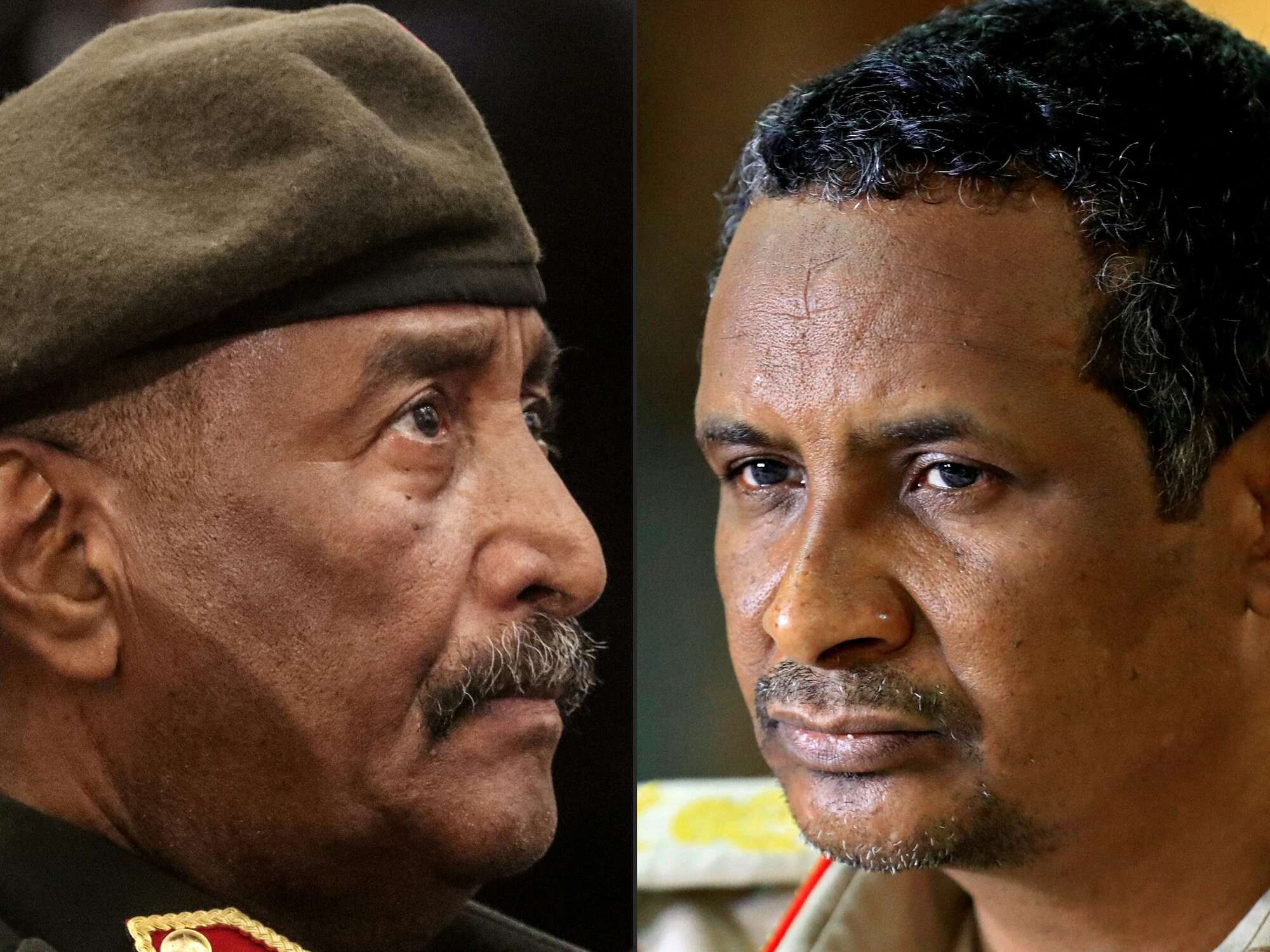UN Security Council sanctions two RSF generals in Sudan

An aerial view of the black smoke and flames at a market in Omdurman, Khartoum North, Sudan, May 17, 2023 in this screengrab obtained from a handout video. PHOTO/ REUTERS
What you need to know:
- Sanctions include international travel ban and asset freeze
- Russia delayed the move, seeking more time to study the proposal
- UN says nearly 25 million people in Sudan need aid
A United Nations Security Council committee on Friday sanctioned two generals in Sudan's paramilitary Rapid Support Forces for destabilizing the country through violence and human rights abuses.
They are the first U.N. sanctions in the current war in Sudan, which erupted in April 2023 from a power struggle between the Sudanese army and RSF ahead of a planned transition to civilian rule.
The Security Council's 15-member Sudan sanctions committee agreed to a U.S. proposal made at the end of August to impose an international travel ban and asset freeze on RSF head of operations Osman Mohamed Hamid Mohamed and RSF West Darfur Commander Abdel Rahman Juma Barkalla.
The committee operates by consensus, and the move was delayed by Russia, diplomats said, because it wanted more time to study the proposal.
The war in Sudan has produced waves of ethnically driven violence blamed largely on the RSF. The RSF denies harming civilians and attributes the activity to rogue actors.
U.N. Secretary-General Antonio Guterres last week condemned reported attacks on civilians by the RSF as Britain said it would push for a Security Council resolution on the conflict.
The U.N. says nearly 25 million people - half of Sudan's population - need aid as famine has taken hold in displacement camps and 11 million people have fled their homes. Nearly three million of those people have left for other countries.
The Security Council created its targeted Sudan sanctions regime in 2005 in a bid to help end a conflict in Darfur. Before Friday, there were three people on the list, added in 2006. The council also imposed an arms embargo on Darfur in 2004.
The U.N. estimates 300,000 people were killed in Darfur in the early 2000s when "Janjaweed" militias - which were the origins of the RSF - helped the army crush a rebellion by mainly non-Arab groups. Former Sudanese leaders are wanted by the International Criminal Court for genocide and crimes against humanity.





